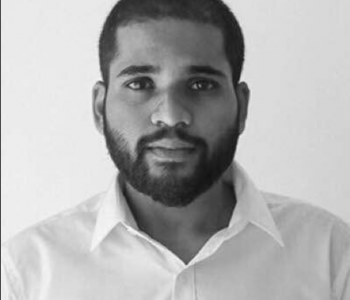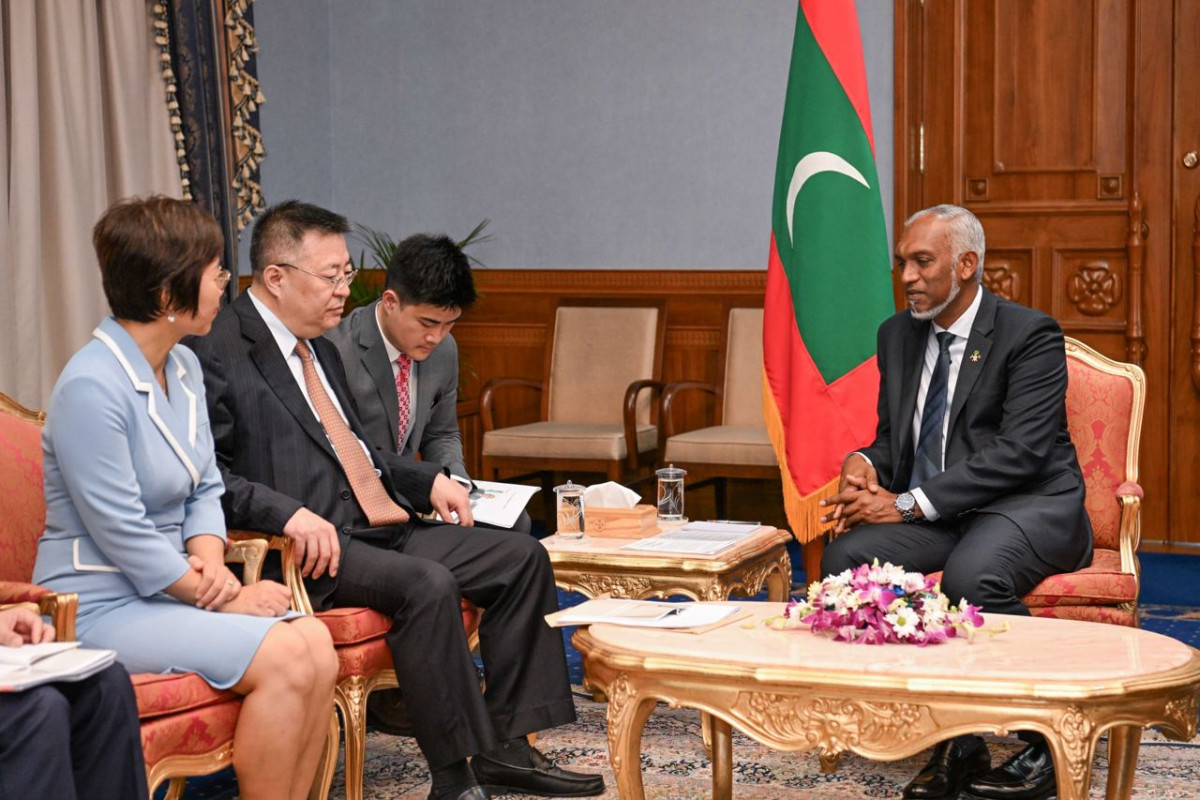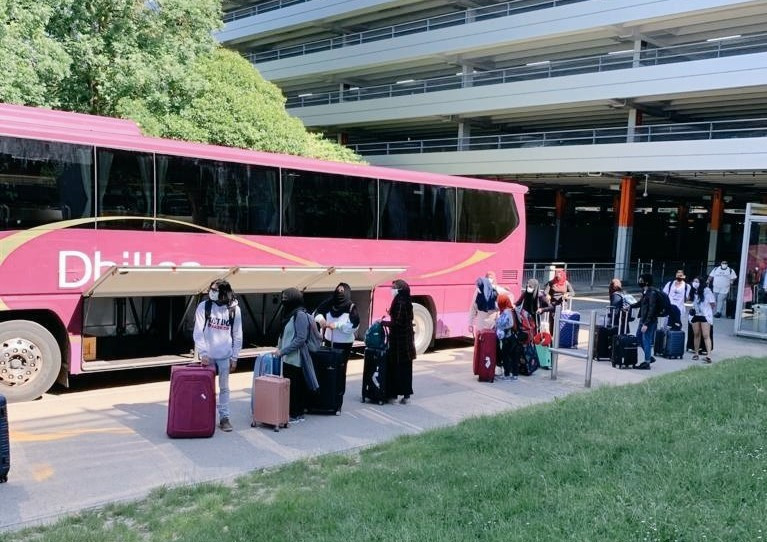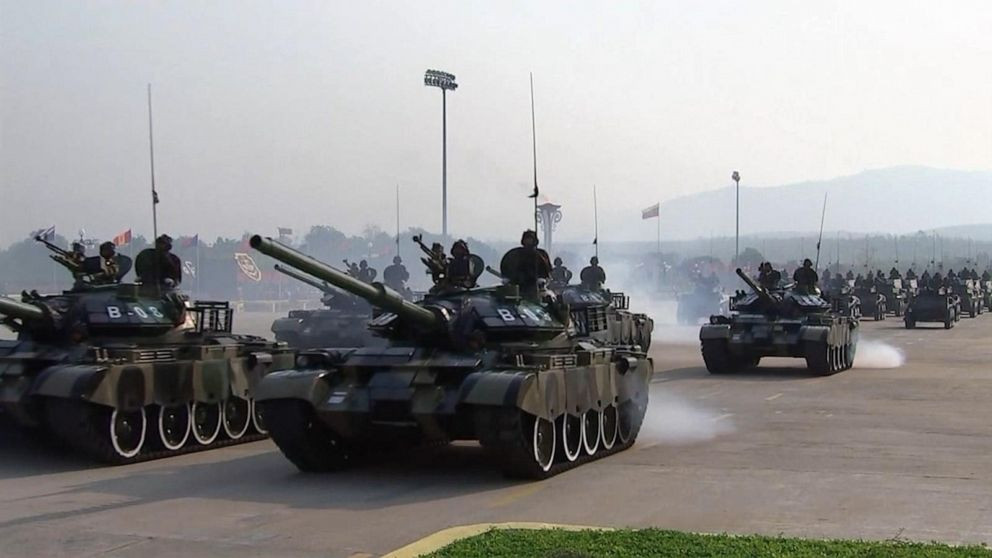Tuna Republic: separation of powers in the Maldives
The 2008 constitution had guaranteed standards for human rights, freedom of speech, judicial review, maintaining the rule of law, and clearly defined the doctrine of separating powers and its place in


It has been almost a decade since Maldives adopted constitutional reform
“All the powers of the State of the Maldives are derived from, and remain with, the citizens.” ~ Constitution of the Republic of Maldives, 2008.
On Monday, members of the Maldivian Democratic Party (MDP) flocked into regional outlets and party camps in celebration. Yellow flags were hoisted, yellow clothes were donned, and yellow cakes were cut. These democrats were celebrating twelve years since the party’s registration with the Elections Commission, during a time when the country was torn between the decisive iron-fist of a longstanding president and the idealistic spirit of a British-educated activist.
MDP’s founder, Mohamed Nasheed defeated Maumoon Abdul Gayoom in the presidential elections three years after said registration, and President Nasheed’s administration had ushered in an era of reform that Maldivians had never experienced before. Nasheed’s constitution – passed in 2008 – had guaranteed standards for human rights, freedom of speech, judicial review, maintaining the rule of law, and clearly defined the doctrine of separating powers and its place in governing the Maldives.
Gayoom is an accused autocrat who ruled the country for 30 years and although he had set-in-motion the very principles that led to his ousting, this was done so from constant pressure on Nasheed’s end – with the activist-cum-journalist having been frequently imprisoned and harassed by state officials. Gayoom’s Maldives was set in a codified constitution that dated to 1998. It too had a similar doctrine of separating powers, but it was all too blatant. The 1998 constitution states that the powers shall be divided into judicial, legislative, and executive branches but made little mention of how they may oversee and balance each other. Article 4, clause two clearly granted Gayoom authority over the executive and legislative branches.
Maldives has been a democratic republic since its monarchy was abolished in 1968, three years after its independence. However, the dynamics between the state and its people have been marred by politicians and their velvet gloves. One can see and visit all the relevant institutions – revenue authorities, central banks, regional courts – but the fact that the most of the decisions made at these institutions came from the President’s Office or their proxies was constantly concealed.
It has been almost a decade since Maldives adopted this constitutional reform. The Legislative, composed of the Peoples Majlis. The Executive composed of the President, Vice-President, and the Cabinet of Ministers. The Judicial composed of the High Court, the Supreme Court and inferior courts by law.
The Separation of Powers devised by the framers of the Constitution was intended to do one prime object: to prevent the majority from ruling with an iron fist. Based on their experience, the framers shied away from giving any division of the new government too much power. The separation of powers provides a system of shared power known as Checks and Balances. The premise behind it is that when a sole person or faction has a great amount of power, they can become dangerous to citizens. The Separation of Power is a method of removing the quantity of power in any group’s hands, making it more difficult to abuse.
Since then, Gayoom and Nasheed, once bitterly at odds, have allied themselves with a steady stream of former officials who have fallen out of favor with incumbent President Abdulla Yameen, who still controls said institutions of state. An election in erly May saw an unexpectedly overwhelming victory for Nasheed's MDP, which secured up to 70% of the vote in 21 of the 23 largest urban constituencies. A clear rejection of the muddled state in which its efforts currently lie.






